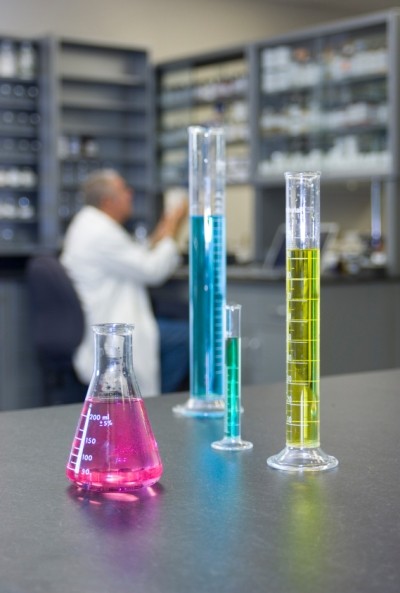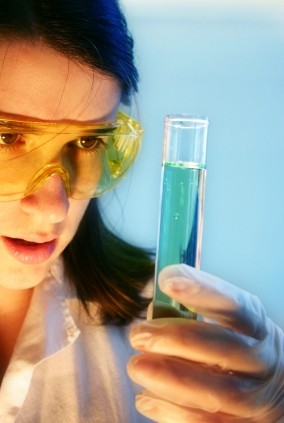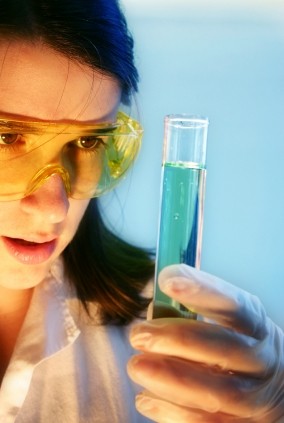Parabens safe to use in cosmetics, says European safety committee
The Scientific Committee on Consumer Safety (SCCS) has released its opinion on the, often controversial, use of parabens as preservatives in cosmetics products.
The family of preservatives has come under attack in recent years as critics claim they may have disruptive effects on the hormone system. However, the industry has consistently supported their use and submitted data to the SCCS on the safety of the ingredients.
In this most recent opinion, the SCCS has looked at data submitted on butyl- and propyl-paraben.
In the report the committee states that human data was insufficient to fully characterise the effects of the substances on the hormonal system, and so instead it has opted for a ‘conservative’ estimate on the maximum use levels for the compounds.
Industry had said that the generation of sufficient human data on this would have necessitated exposure to large quantities of radiolabelled material which should be avoided.
The SCCS' conservative estimate concludes that the use of butyl- and propyl-paraben is safe as long as their cumulative concentration does not exceed 0.19 per cent. This maximum concentration level is lower than that stated in Annex VI of the Cosmetics Directive, listing all preservatives allowed in cosmetics products with their relative concentrations, which states that parabens may be used singly up to a concentration of 0.4 per cent and 0.8 per cent if more than one is used.
Reflects current use levels
Although the SCCS are advising a lower use level of butyl- and propyl-paraben than the maximum allowed in the Directive, the UK cosmetics trade association the CTPA says it nonetheless reflects the levels that are currently used.
“The most important thing is that the levels they are suggesting for the substances approximately reflect current in use levels,” Emma Meredith from the CTPA told CosmeticsDesign-Europe.com.
Although officially a manufacturer could put higher levels into a product (up to 0.4 per cent), 0.19 per cent concentration is likely to be sufficient for most uses, she explained.
Within the opinion, which is open for comments until 28 January 2011, the SCCS also confirmed its view that methyl- and ethyl-paraben are acceptable for use at the levels described 0.4 per cent and 0.8 cumulatively, as described in the Directive.
Commenting on the opinion, Meredith said: “It is excellent that the SCCS has given them a positive opinion. The SCCS has looked at a lot of data; it is comforting to know that it has taken all of this into consideration, in the face of some of the accusations that are often made.”
Not enough data on some of the family
Although this is a positive opinion for methyl-, ethyl-, butyl- and propyl paraben, the SCCS said there was not enough data to conclude on safe use levels for isopropyl-, isobutyl- and phenyl-parabens.
According to a statement from the CTPA, these are not of commercial importance to the European cosmetics industry and so additional data was not generated in their support.
In addition, the SCCS opinion highlighted the lack of information on benzylparaben and pentylparaben, which it says are not listed in Annex VI – an anomaly it says may have effects on consumer safety and should be brought to the attention of the Commission.
Director of the CTPA Chris Flower told CosmeticsDesign-Europe.com that as far as the organisation is aware, these compounds are not used.
“Members across Europe were asked whether they were interested in supporting these compounds and nobody did, suggesting they are not used in cosmetics,” he said.
The report can be accessed here.











